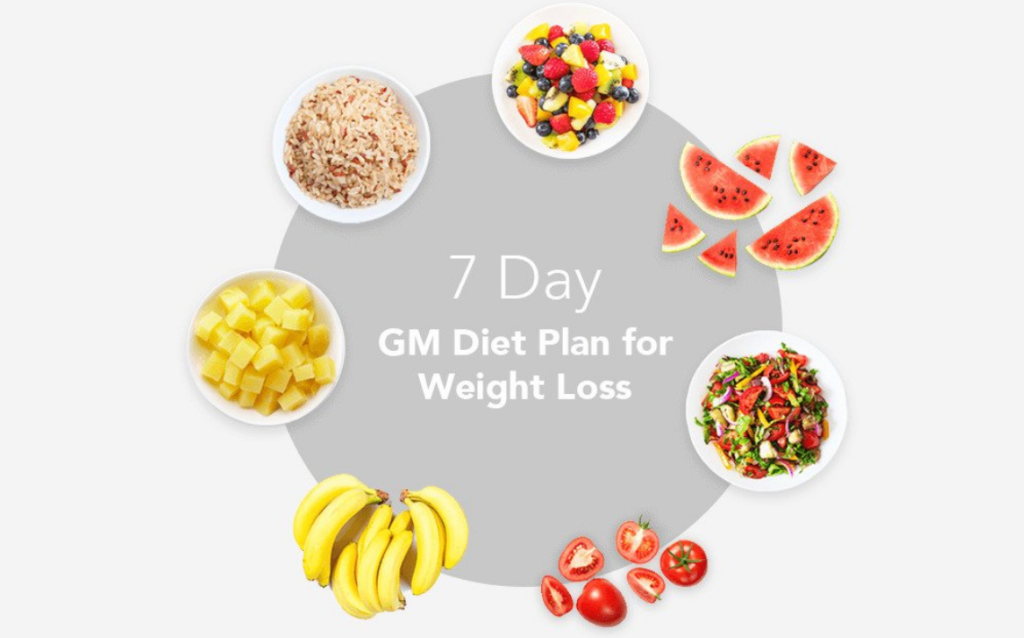Physical Address
304 North Cardinal St.
Dorchester Center, MA 02124
Physical Address
304 North Cardinal St.
Dorchester Center, MA 02124


A weight loss diet plan can make the difference between struggling to lose a few pounds and achieving lasting results. With countless options available—keto, Mediterranean, intermittent fasting—it’s easy to feel overwhelmed. This guide breaks down how these plans work, what foods to eat, and how to choose a sustainable strategy that fits your lifestyle.
A weight loss diet plan is a structured eating strategy designed to help individuals reduce body fat while preserving essential nutrients. Its primary purpose is to create a calorie deficit—consuming fewer calories than your body burns—without compromising overall health.
Unstructured dieting often leads to inconsistent results, nutritional deficiencies, and rapid weight regain. A structured plan offers:
Weight loss occurs when energy intake is less than energy expenditure. A well-designed plan balances caloric reduction with nutrient sufficiency to avoid muscle loss and metabolic slowdown.
A low-carb, high-fat approach that shifts the body into ketosis for fat burning.
Focuses on whole foods—vegetables, fish, olive oil—and is known for heart health benefits.
Restricts eating to specific windows (e.g., 16:8), reducing total calorie intake.
Centers around fruits, vegetables, legumes, and whole grains, often lower in calories and higher in fiber.
Extreme diets that eliminate entire food groups often fail long term. Balance ensures you meet essential needs.
A successful plan should be one you can follow for months, not days.
Rigid rules increase the likelihood of abandonment. Flexible plans accommodate social events, work, and personal preferences.
Eggs, chicken breast, Greek yogurt, beans, and tofu help control hunger and preserve muscle.
Sugary drinks, refined carbs, processed snacks, and fried foods add calories without nutritional value.
Day 1:
(Continue similar structure for Days 2–7 with balanced proteins, vegetables, and complex carbs.)
This can slow metabolism and lead to overeating later.
Severe restriction can cause fatigue, nutrient deficiencies, and rebound weight gain.
Transition to a maintenance plan by gradually increasing calories and focusing on whole foods.
Strength training preserves muscle, while cardio boosts caloric burn.
Healthy weight loss averages 0.5–1 kg (1–2 lbs) per week.
Short-term strict diets may work but are rarely sustainable. Always prioritize balanced nutrition.
Choosing the right weight loss diet plan isn’t about quick fixes—it’s about finding an approach that fits your lifestyle, provides balanced nutrition, and helps you maintain results long term. Whether you prefer structured meal plans, flexible eating patterns, or a plant-based approach, consistency matters more than perfection. Start small, track your progress, and make adjustments as needed. A sustainable plan will not only help you lose weight but also improve your overall health.